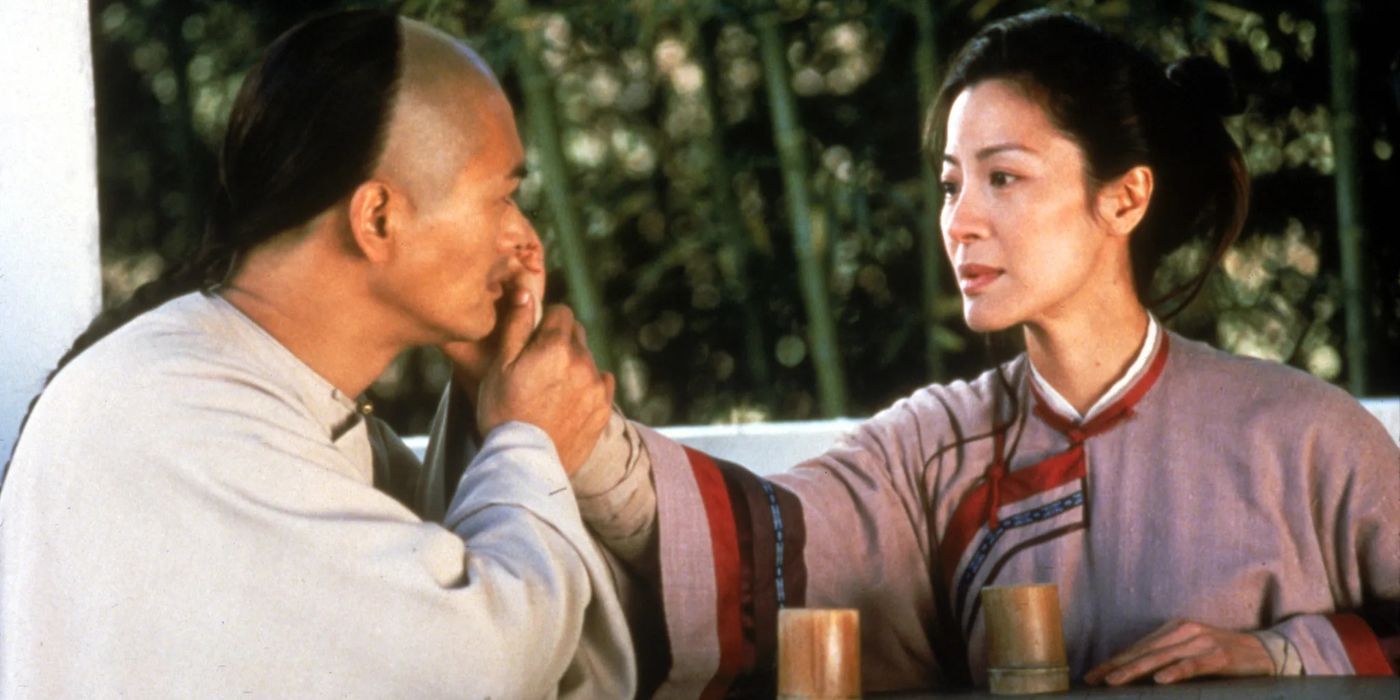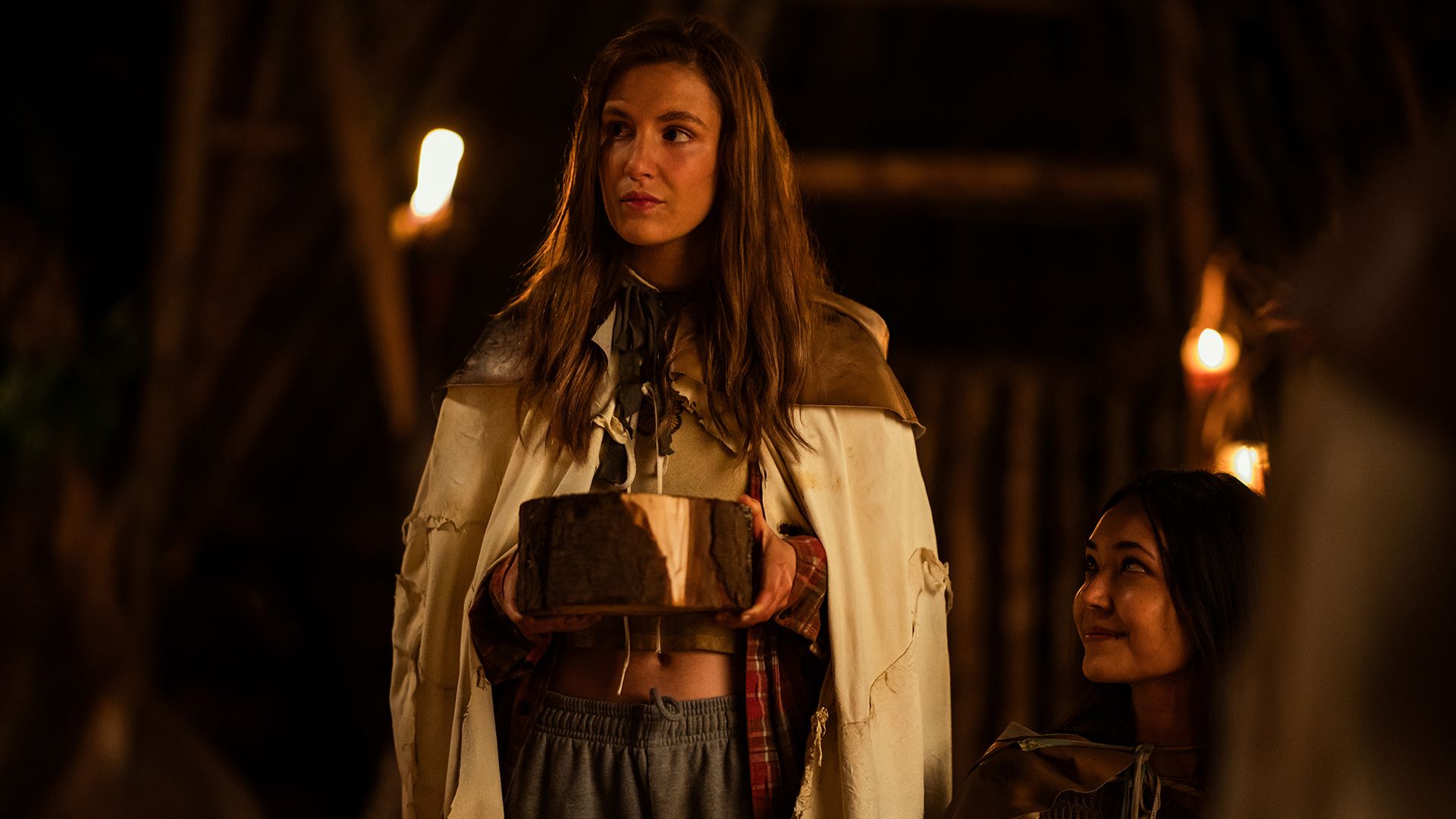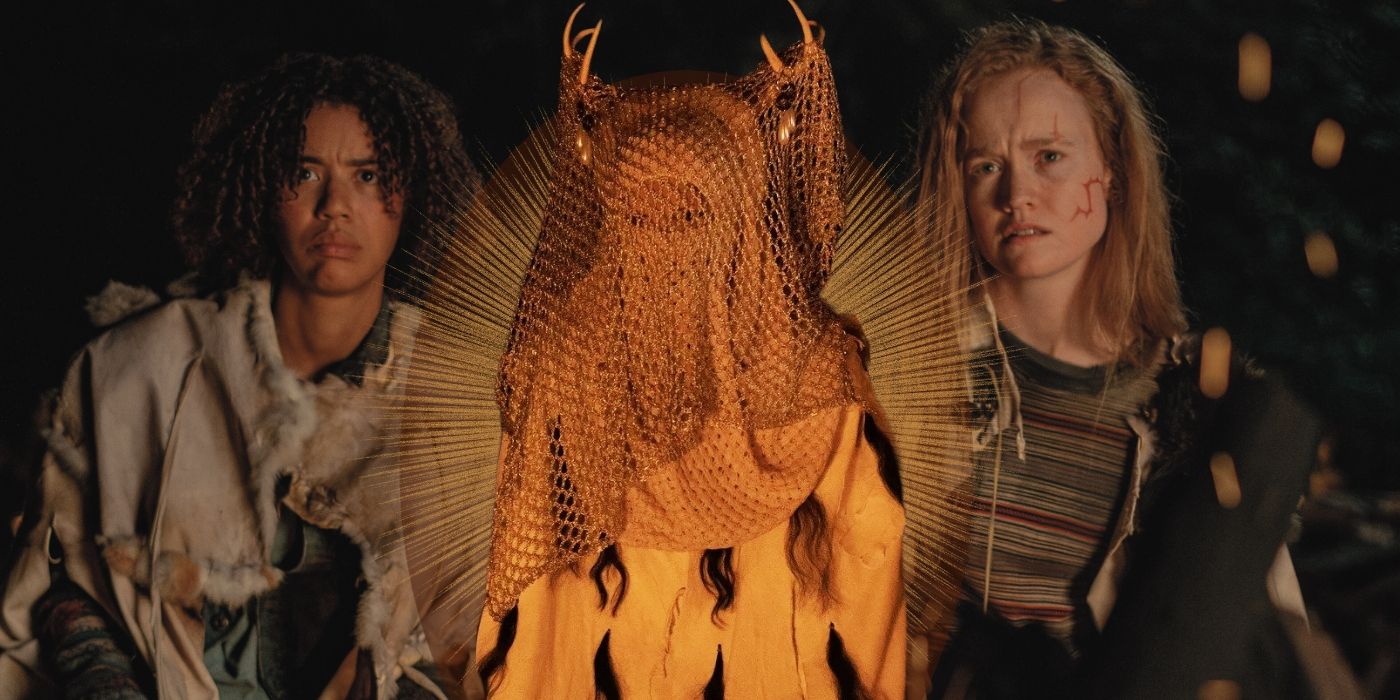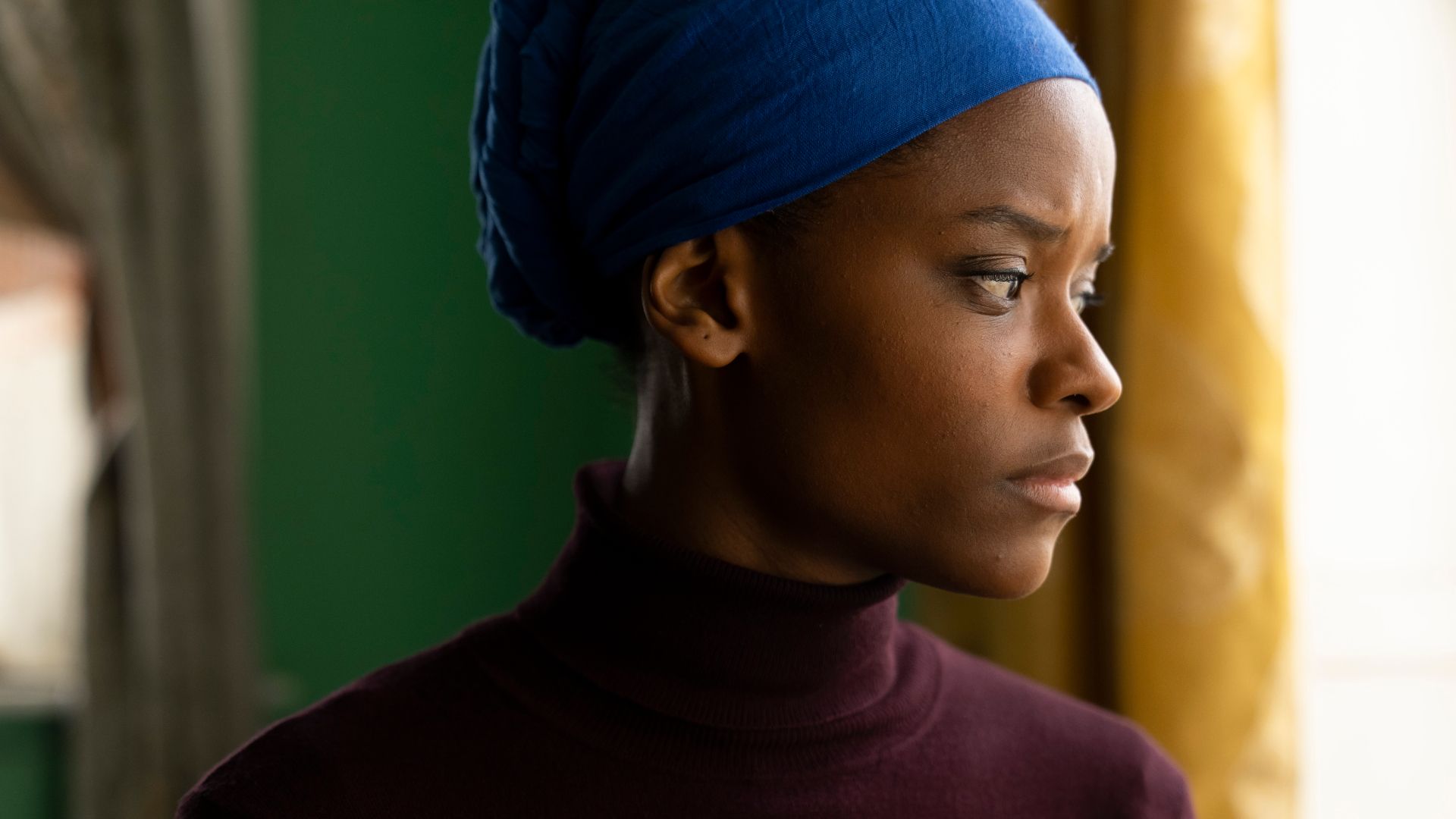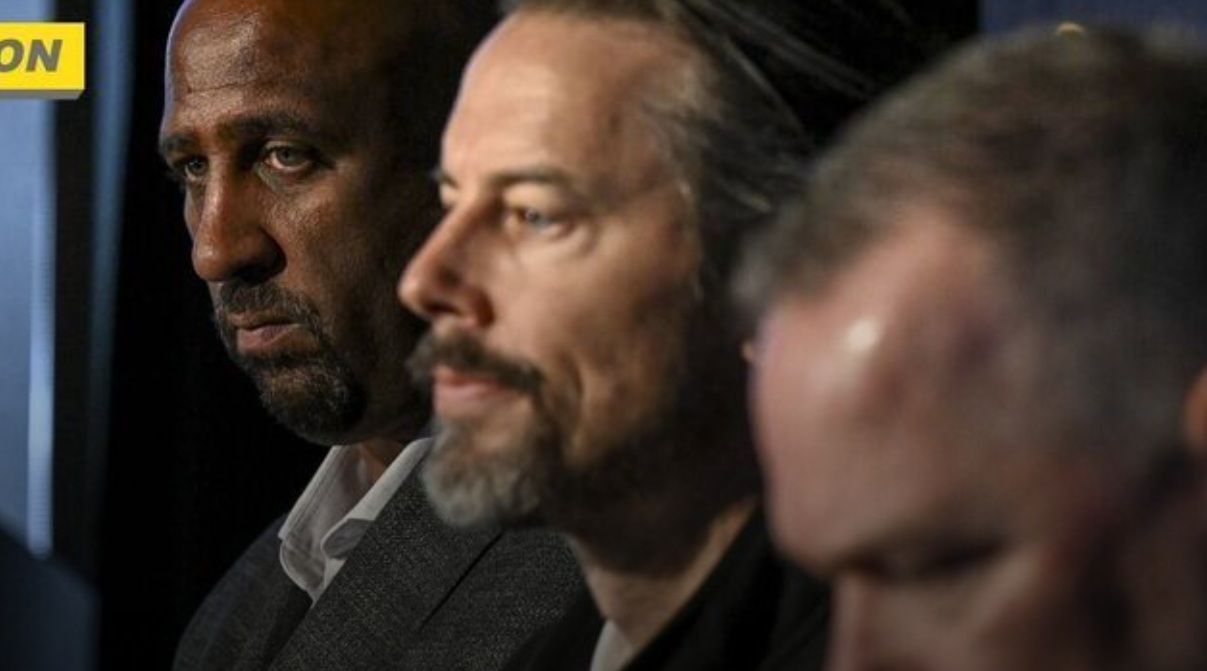Before reaching Lunana, Ugyen is met by the village’s population of 56, who hail him as a visiting dignitary. It soon becomes clear that this is exactly what he represents. “I have hope that you will give these children the education they need to become more than yak herders and cordyceps gatherers,” says Asha (Kunzang Wangdi), the village chief. Ugyen’s pupils are on the same page; bright-eyed Pem Zam, a non-professional from Lunana, plays the most enthusiastic of the bunch, proclaiming that teachers “touch the future” and gradually awakening Ugyen to the truth of this.
Of course, the remote village—the name of which translates literally to “dark valley”—poses its fair share of challenges. The schoolhouse is nothing more than a wooden hut with mud walls, and Ugyen’s accommodations are similarly spartan, offering scant protection from the glacial winds. And then there’s that yak. Taking up space in the classroom so as to stay warm in winter, his name is Norbu, which means “wish-fulfilling jewel” and suggests the role Ugyen plays in helping Lunana’s children toward realizing their dreams. (It’s also a likely nod to “The Cup” director Norbu, who employed Dorji as an assistant on 2013’s “Vara: A Blessing.”)
Without access to the Internet, cell phones, or even the modern comforts of electricity, Lunana comes as a shock to an urbanite like Ugyen, who wants to pack it in and head back home almost immediately. But it wouldn’t be much of a movie if he did, and Ugyen chooses to stay after the children make clear the earnestness of their desire for a real education in this rural outpost.
Dorji shot “Lunana” on location, relying on solar-powered batteries and enlisting local villagers to take on supporting roles. Such decisions enhance the film’s naturalism while deepening its often phenomenological sense of place; so too does Dorji’s manner of presenting the majestic Himalayan scenery in fixed-position long shots, which overlook the characters from a distance so as to more fully steep them in the splendor of their surroundings. Ugyen and a herder named Saldon (Kelden Lhamo Gurung) often sit side-by-side above Lunana, from a mountainside perch where she teaches him a folk song that honors the yaks for their many contributions to the villagers’ way of life: from their milk and meat to the dung they excrete, which serves as fuel for heat. In Lunana’s blissful silence, the villagers relish what they describe as a more holistic contentment, nourished by nature and mindful of their own presence as a daily gift they give themselves and one another.
You can view the original article HERE.


